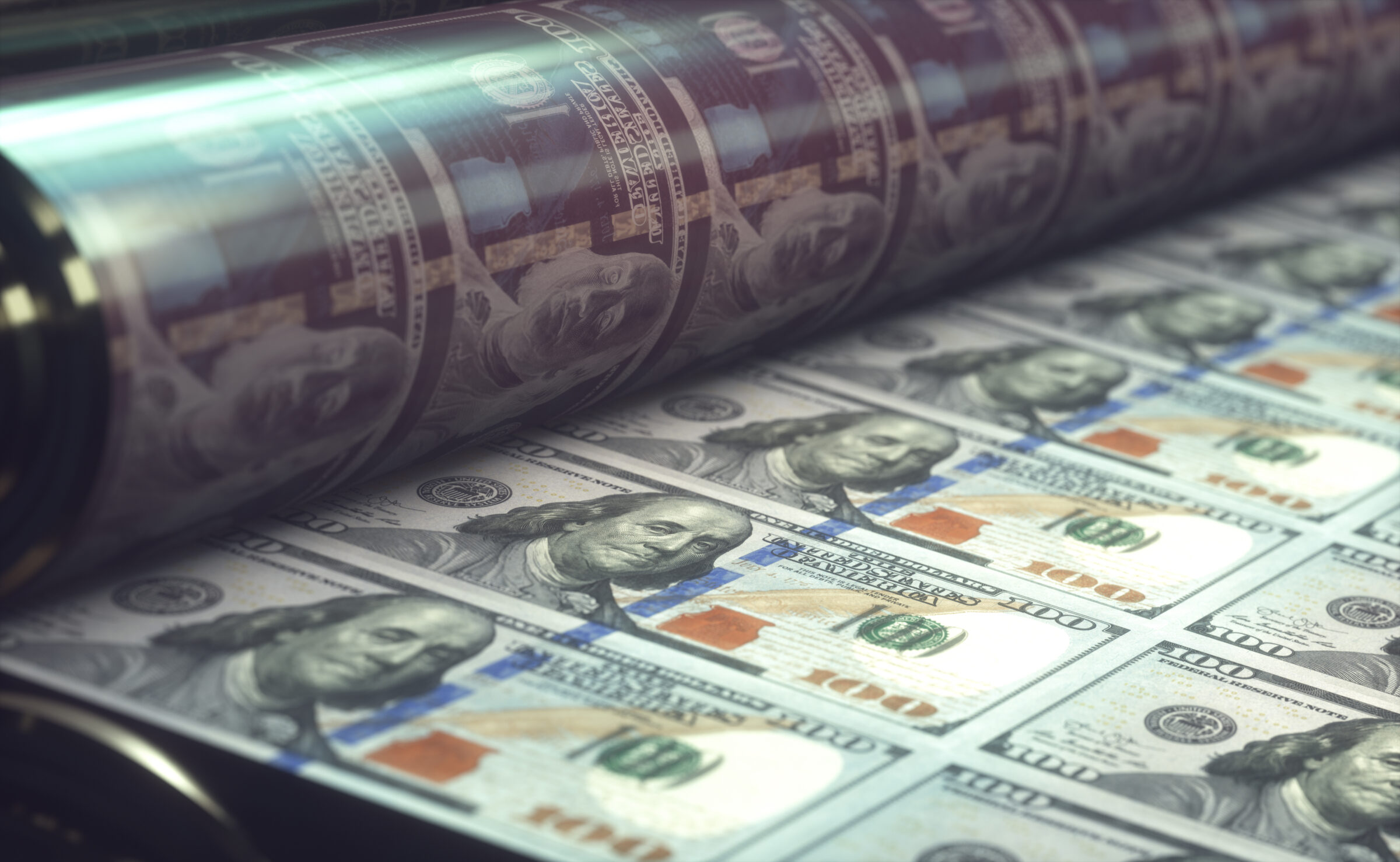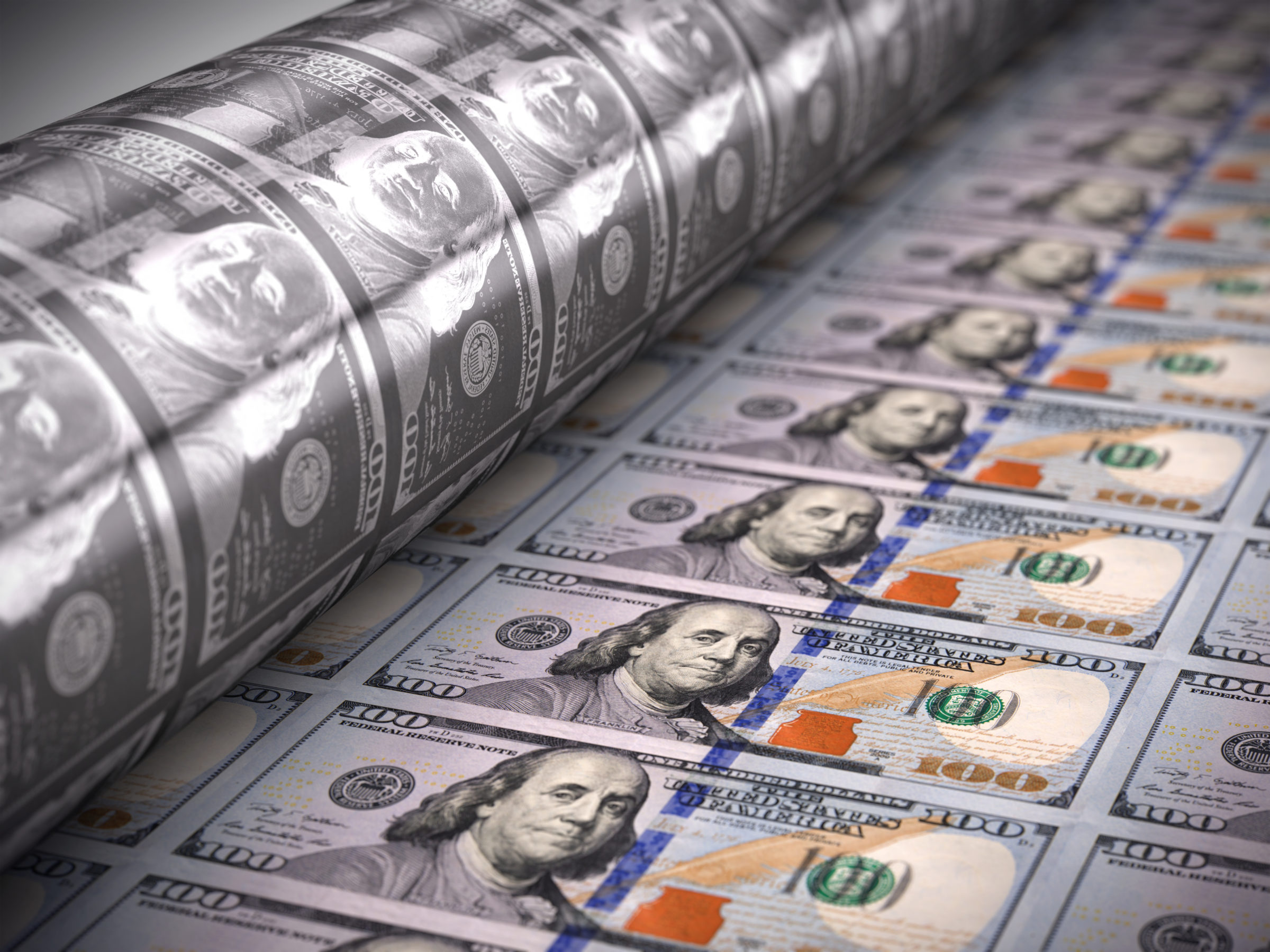


Averting Insolvency Is a Key Battle America Must Win
With all the problems America is facing, the one that gets the least attention might be the most critical. The speed at which the United States will hit the wall of an insolvency crisis and collapse is approaching very fast.
The U.S. is currently spending more than $2 billion a day to service its debt, and that interest we pay on servicing the national debt is the fastest growing part of the federal budget. It will likely exceed the entire defense budget within a year. The constructive law of compound interest has been turned upside-down and we are now on a downward spiral of escalating compound debt and interest payments, wherein the U.S. government is locked into borrowing ever more money to pay the interest on new and previous debt obligations.
In the context of our history this has happened extremely fast. Just two decades ago, the U.S. national debt stood at about $4 trillion, which was at that time 36% of our GDP. Today, U.S. national debt is $34.2 trillion, which is about 126.5% of U.S. GDP—an increase of 755% in just twenty years.
What is the significance of the debt-to-GDP ratio? After the dollar was taken off the gold standard—which is to say no longer backed by gold—in 1933, it became a “fiat” currency backed only by the full faith and credit of the U.S. government and the economy of the country. GDP replaced gold as a measure of aggregate assets backing the currency. And the same is true for all countries as fiat currencies are now almost universal.
Read More ›
